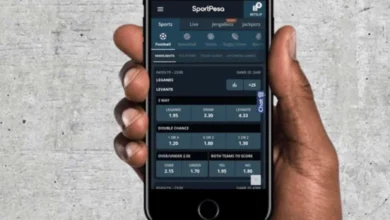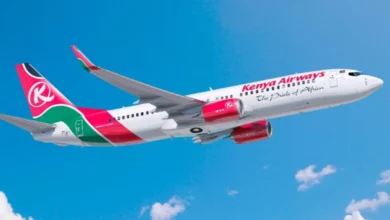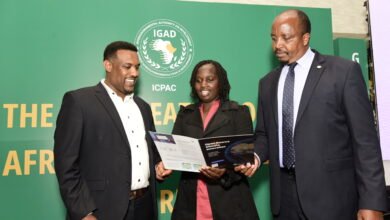
Kenya is witnessing a significant increase in the digital financial inclusion of women-led micro and small enterprises (wMSEs) that operate in open-air and cross-border markets.
Kim Kariuki, a banking and financial services specialist at Microsave Consulting, highlights a notable 30 percent rise in the adoption of digital financial services among women entrepreneurs, with usage growing from 44 percent in 2022 to 70 percent in 2024. This increase coincides with a surge in financial institutions providing digital solutions specifically designed for this sector.
Kariuki emphasizes the necessity of raising awareness and educating women about these digital tools. “By expanding their knowledge and access to these services, women can significantly enhance their business operations and financial stability.” He says
Microsave reports that Kenya is home to 1.17 million women-led micro and small enterprises operating from open-air markets, though only 50,000 are classified as formal enterprises. Furthermore, many women are involved in cross-border trade, facing numerous challenges.
These include issues related to growth and revenue, such as decreased sales, lack of access to new customers and business networks, inflation impacts, high transportation costs, and fluctuating exchange rates.
Operational challenges also pose significant barriers, including bribery and harassment at border posts, insufficient information about border regulations, and risks to personal safety and discrimination.
Women in open-air markets and cross-border trades generally operate on a smaller scale and within less profitable value chains compared to their male counterparts, which is reflected in their lower average net income and fewer employees.
Kariuki added that the recent economic instability, driven by elections, has temporarily equalized net incomes between men and women.
To address these constraints and unlock opportunities for digital financial services, it is crucial for women-led micro- and small enterprises to collaborate with financial service providers.
This collaboration should focus on diagnosing issues, identifying opportunities for improving digital financial services, and developing targeted solutions.
Effective collaboration will lead to a better understanding of how to serve wMSEs with high-quality digital financial services, design relevant products, and create pathways to scale these solutions.
Wholesale and retail trade are major sectors in Kenya, with women representing a significant portion of business owners. Of the 5.04 million business owners in Kenya, 3.02 million are engaged in wholesale and retail, with 2.02 million being female.
Approximately 32% of female traders (~650,000) operate from open-air markets. Informal cross-border trade, heavily dominated by women, accounts for 30% to 40% of Africa’s regional trade and provides vital employment and livelihood opportunities for low-income women in border districts.
Open-air market female traders typically have a fixed customer base and accept both cash and M-Pesa payments. Many do not have formal licenses, opting instead to evade authorities or pay temporary fees.
Obtaining permits often requires multiple visits, disrupting their business operations. Conversely, cross-border female traders manage transactions across various currencies and exchange rates and often hold licenses for cross-border trade.
Examples of markets include Malaba in Busia, Taveta in Taita-Taveta, Namanga in Kajiado, Rae-Kitito and other open-air markets in Kisumu, Gakoromone and Makutano markets in Meru, Kongowea Market in Mombasa, and Gikomba and City Market in Nairobi.
Financial diaries conducted in two phases—initial profiling and data collection from April to May 2022, followed by a deep-dive analysis from July 2022 to June 2023—reveal that open-air market traders generally have higher average net incomes than cross-border traders, with income varying seasonally.
Addressing these challenges requires a concerted effort to enhance the accessibility and quality of digital financial services.
By leveraging data and fostering collaboration between women-led enterprises and financial service providers, there is substantial potential to improve the business environment and economic outcomes for women-led micro and small enterprises in Kenya.







Quality content iss the main to invite the visitors to
visit the site, that’s what this web site is providing. https://w4i9o.mssg.me/